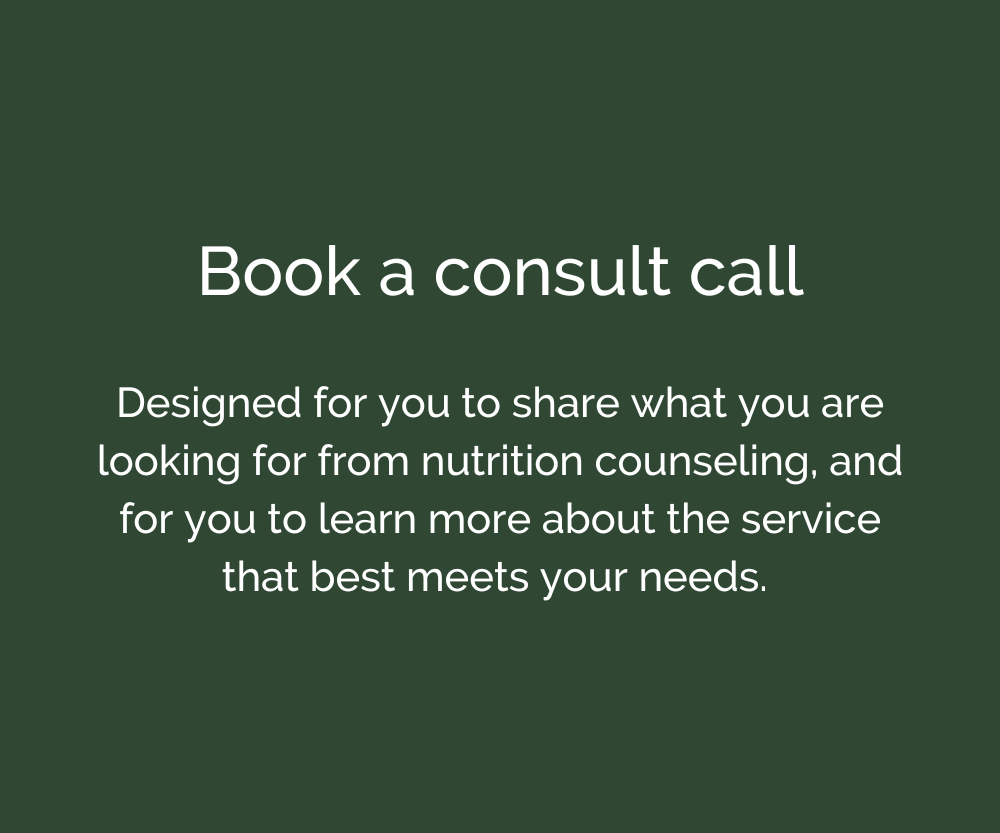How to Deal with Family and Friends Who Don't Believe IBS is Real
Living with IBS or any chronic illness can be tough, especially when you don’t have support from those in your life.
This is even harder when your symptoms may not be as visible or obvious to those around you. You may feel isolated and like you’re suffering alone, while those around you have no clue what you’re really going through.
I want to be very clear: it is not your responsibility to force your family to support you in your health.
Some people are going to support you no matter what, but there will also be some that won’t. It’s not fair, but it’s the reality for many. You’re not alone if that’s what you’re dealing with.
It’s also not your responsibility to keep people in your life that refuse to support you. Some people don’t deserve that space, and if you need to cut ties with certain relationships, you shouldn’t feel guilty for that.
If you do have relationships in your life that are currently not supporting you, but you don’t want to completely cut them out right now, here are few tips for dealing with them!
Want to learn more about IBS? Sign up for a free IBS mini course here!
Communicate with confidence
If someone communicates to you in any way that IBS isn’t real or your symptoms are in your head, be confident in your explanation of what IBS actually is:
Functional disorder of the gut-brain interaction - impacts how I digest food and how my body responds to sensations in my gut
Can be triggered by food, changes in my routines, and stress - some that’s out of my control.
You do not owe them more of an explanation if you’re not comfortable.
Set boundaries
Communicate:
What you need from them
What you want them to stop or start doing
How things make you feel
What happens if boundaries are not respected
Many times, people will walk on others because there are no clear boundaries in place. While you can’t control others’ actions, you can stick up for yourself by setting your boundaries and clearly communicating.
Once you communicate your boundaries, there is now no excuse for the other person to continue crossing them. This gives those who do want to support you a chance to do so well.
Find support where you can
Find allies that do support you and let them know how they can help you, especially if someone is more aggressive or not respecting boundaries at all.
This can be most helpful in family relationships, as your ally will also have relationships in that circle to help you in.
Allies can also be a safe place for you in those settings, because you know that someone has your back if others are crossing your boundaries or making you feel “less than.”
It can be easy to feel like a burden when you rely on your allies. Know that these people in your life love you and want to be there for you. It isn’t selfish to lean on them for support and to let them love you in that way.
Hold your ground
Hold true to your boundaries - if someone isn’t respecting you, they don’t deserve a place in your life. Your mental health is so much more important and those who really do love you will respect that.
This can be the hardest part, because it takes a lot of courage to stand firmly in what you have set as a boundary. And some people will try to push you over the edge. The more you do this, the easier it will become, so remember that it’s okay to do it scared for a while.
This is also where community, like the one found through Gutivate and the @erinjudge.rd Instagram community, can be so valuable. Find others who are walking through the same things you are, and who are building their own confidence in their relationships. This will be a safe space to share your fears, and get support from others that really do get it.
If someone is interested in learning more but you don’t want the pressure of educating them or sharing a lot of personal details, you can point them towards resources they can use - like The Gut Show podcast, a website you’ve found value in, or any resource you’ve found to be helpful in understanding your condition and the problems you face.
Do you want clear guidance to manage your IBS so you can feel confident in your body again?



